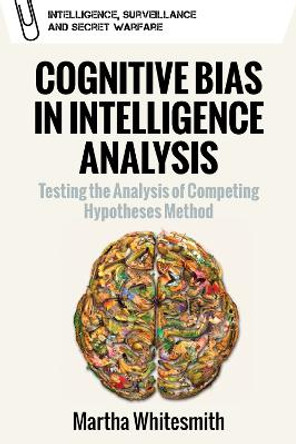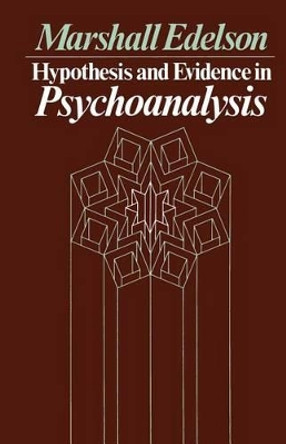Description
Using a flexible software system, this book teaches evidential and inferential issues used in drawing conclusions from masses of evidence.
About the Author
Gheorghe Tecuci (PhD, University of Paris-South and Polytechnic Institute of Bucharest) is Professor of Computer Science and Director of the Learning Agents Center at George Mason University, Virginia, Member of the Romanian Academy, and former Chair of Artificial Intelligence at the US Army War College. He has published eleven books and more than 190 papers. David A. Schum (PhD, Ohio State University) is Emeritus Professor of Systems Engineering, Operations Research, and Law, as well as Chief Scientist of the Learning Agents Center at George Mason University, Virginia. He has published more than one hundred research papers and six books on evidence and probabilistic inference, and is recognized as one of the founding fathers of the emerging Science of Evidence. Dorin Marcu (PhD, George Mason University) is Research Assistant Professor in the Learning Agents Center at George Mason University, Virginia. He collaborated in the development of the Disciple Learning Agent Shell and a series of cognitive assistants based on it for different application domains, such as Disciple-COA (course of action critiquing), Disciple-COG (strategic center of gravity analysis), Disciple-LTA (learning, tutoring, and assistant), and Disciple-EBR (evidence-based reasoning). Mihai Boicu (PhD, George Mason University) is Associate Professor of Information Sciences and Technology and Associate Director of the Learning Agents Center at George Mason University, Virginia. He is the main software architect of the Disciple agent development platform and coordinated the software development of Disciple-EBR. He has received the IAAI Innovative Application Award.
Reviews
'Intelligence Analysis as Discovery of Evidence, Hypotheses, and Arguments is a valuable resource for those interested in improving intelligence analysis. It provides both prospective and current intelligence analysts with an easy to read and understand explanation of a complex process, along with suggestions for how to more effectively implement that process. The examples from intelligence analysis and comparison to similar practices in other fields such as medicine, law, and law enforcement help the reader better understand how the interplay of evidence, hypotheses, and arguments can develop in different contexts. In that sense, this book provides a wonderful platform for improving intelligence analysis by learning and employing best scientific reasoning practices.' Stephen Marrin, James Madison University, Virginia
'This is an important work in several ways. The authors both help readers learn the basics and give advanced training in the craft of analytical reasoning by providing sophisticated tools to guide understanding of its strengths, its probabilistic nature, and its limitations. 'Deep' learning is what distinguishes experts from gifted amateurs; this book will help amateurs develop expert habits through guided learning and practice. I would not only recommend this book for students of intelligence, but also for students of law, journalism, and national security. The first several chapters should be mandatory reading for 'customers' and critics of intelligence, including policymakers, legislators, and professional journalists who are quick to ask 'why didn't you connect the dots?' while they themselves probably have no idea how difficult that may be.' Mark T. Clark, Director, National Security Studies, California State University, San Bernardino, and President, Association for the Study of Middle East and Africa (ASMEA)
Book Information
ISBN 9781107122604
Author Gheorghe Tecuci
Format Hardback
Page Count 272
Imprint Cambridge University Press
Publisher Cambridge University Press
Weight(grams) 780g
Dimensions(mm) 261mm * 184mm * 17mm








